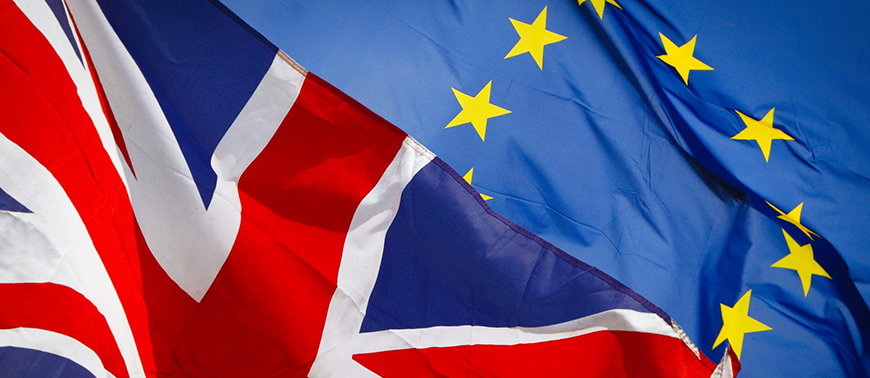
Published: 2024-02-06 by, News Team in the National news category
Brexit Import Rule Changes Threaten UK Food Prices Amidst Cost-of-Living Crisis
Over the past year, Britons have undoubtedly observed a significant rise in food prices amid the ongoing cost-of-living challenges. However, a recent alteration in import regulations post-Brexit threatens to exacerbate the situation for consumers.
Since its departure from the EU, the UK has deferred border checks on European imports on five occasions. Nonetheless, as of January 31, new regulations will gradually come into effect, potentially driving up costs for specific food items.
Given that nearly half of the UK's food consumption relies on imports, with around two-thirds originating from the EU, a substantial portion of the food available in the UK is poised to become more expensive.
What changes in regulations can be expected and when will they occur?
Effective immediately, EU businesses exporting animal and plant products to the UK will be required to comply with new documentation requirements as of January 31. Health certificates will now only be mandatory for medium and high-risk foods, many of which are already domestically produced. Examples of high-risk items include live animals and hatching eggs, while medium-risk items encompass products like milk, cheese, fish, and meat.
Starting from April 30, physical sanitary and phytosanitary (SPS) checks will be enforced on these goods, a departure from the previous lack of physical inspections for most EU imports. Additionally, upon completion of documentation, Heavy Goods Vehicles (HGVs) may undergo inspections at Border Control while en route to the UK. Even if inspections are not required, an "entry charge" will be imposed.
By October 31, the new import system, known as the Border Target Operating Model, is anticipated to be fully operational. Paperwork will be mandatory for all food items, and the number of items subject to physical checks will substantially increase due to an unexpected reclassification by the Department for Food and Rural Affairs (DEFRA). This reclassification will affect various fruits and vegetables, necessitating additional paperwork and administrative requirements.
Which food items are likely to become more expensive?
The DEFRA's unexpected reclassification will impact popular items such as peaches, strawberries, apples, pears, tomatoes, blueberries, grapes, and select vegetables like sweet potatoes and carrots. According to the Fresh Produce Consortium (FPC), this reclassification will result in additional paperwork for the majority of EU consignments, potentially leading to price hikes.
The FPC estimates that the reclassification will add £200 million to import costs, directly affecting consumers. Entry charges for checked loads are projected to range from £20 to £43 per lorry, though precise details remain undisclosed by the government. Smaller importers, who often deal with mixed loads, may experience delays and increased costs.
Although the exact extent of price increases remains uncertain, they are expected to affect numerous small businesses. The government has not denied the likelihood of rising food prices following the October changes, with some estimates suggesting a minimal impact of 0.2% over three years, as indicated by government sources to ITV News.
Back To Main News & Articles List...
KEEP YOUR FINGER ON THE PULSE!
Experience the heartbeat of Chiswick like never before! Join our weekly Chiswick Newsletter and immerse yourself in a weekly dose of deals, happenings, exciting events, exclusive news, reviews, articles and local Chiswick updates.
SUBSCRIBE TO THE CHISWICK NEWSLETTER NOW